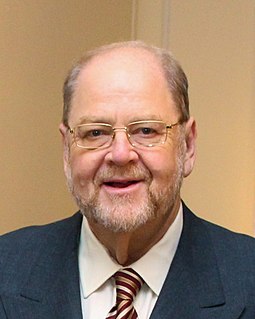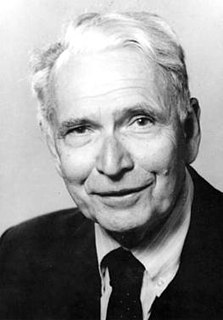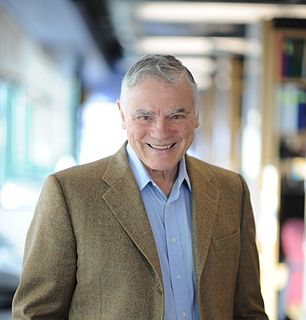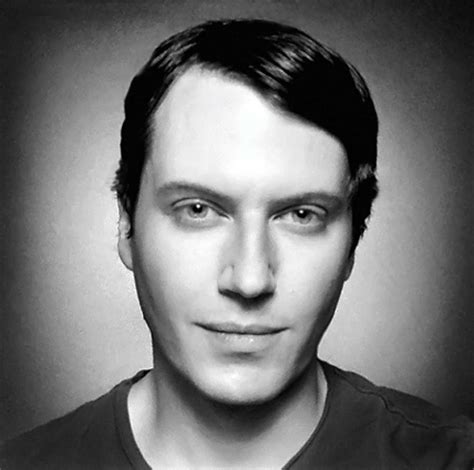A Quote by Paul Berg
By then, I was making the slow transition from classical biochemistry to molecular biology and becoming increasingly preoccupied with how genes act and how proteins are made.
Related Quotes
If belief in evolution is a requirement to be a real scientist, it’s interesting to consider a quote from Dr. Marc Kirschner, founding chair of the Department of Systems Biology at Harvard Medical School:
“In fact, over the last 100 years, almost all of biology has proceeded independent of evolution, except evolutionary biology itself. Molecular biology, biochemistry, physiology, have not taken evolution into account at all.
It is now widely realized that nearly all the 'classical' problems of molecular biology have either been solved or will be solved in the next decade. The entry of large numbers of American and other biochemists into the field will ensure that all the chemical details of replication and transcription will be elucidated. Because of this, I have long felt that the future of molecular biology lies in the extension of research to other fields of biology, notably development and the nervous system.
The second half of the 20th century was a golden age of molecular biology, and it was one of the golden ages of the history of science. Molecular biology was so successful and made such a powerful alliance with the medical scientists that the two together just flourished. And they continue to flourish.
We know from astronomy that the universe had a beginning, from physics that the future is both open and unpredictable, from geology and paleontology that the whole of life has been a process of change and transformation. From biology we know that our tissues are not impenetrable reservoirs of vital magic, but a stunning matrix of complex wonders, ultimately explicable in terms of biochemistry and molecular biology. With such knowledge we can see, perhaps for the first time, why a Creator would have allowed our species to be fashioned by the process of evolution.
Genes are effectively one-dimensional. If you write down the sequence of A, C, G and T, that's kind of what you need to know about that gene. But proteins are three-dimensional. They have to be because we are three-dimensional, and we're made of those proteins. Otherwise we'd all sort of be linear, unimaginably weird creatures.
Cheetah genes cooperate with cheetah genes but not with camel genes, and vice versa. This is not because cheetah genes, even in the most poetic sense, see any virtue in the preservation of the cheetah species. They are not working to save the cheetah from extinction like some molecular World Wildlife Fund.


































